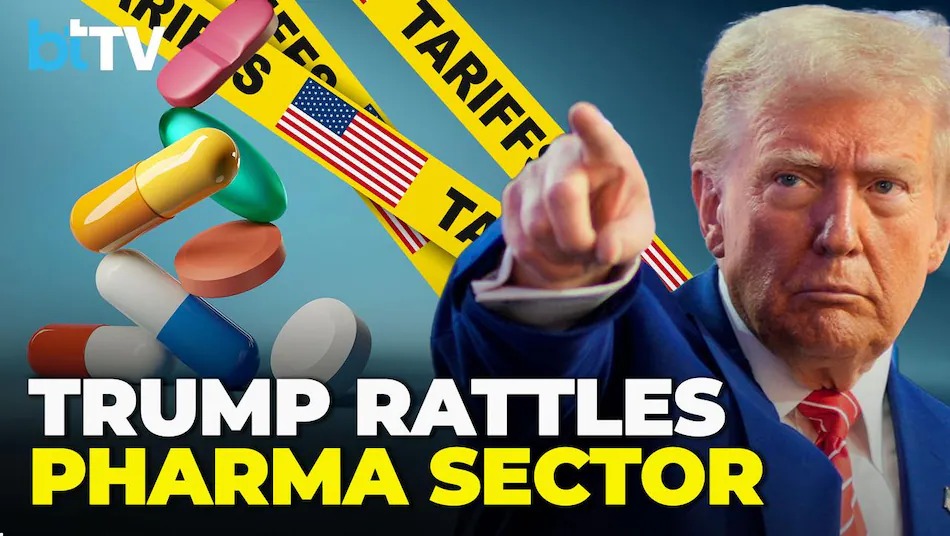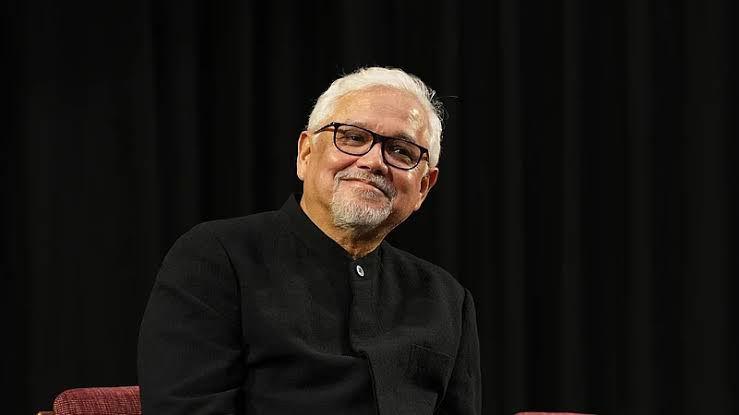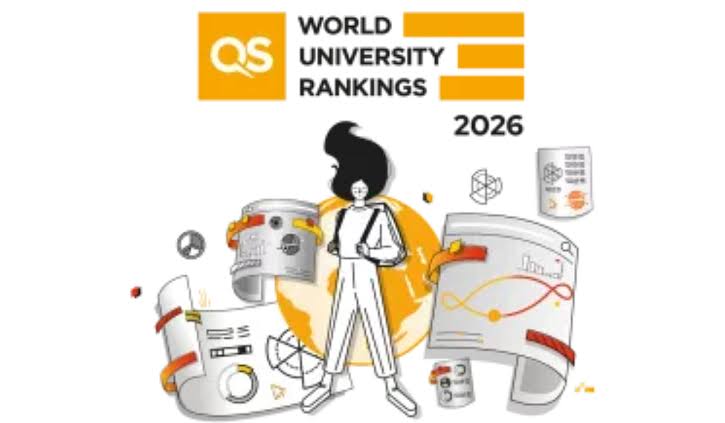As President Donald Trump signs a far-reaching executive order to cut US drug prices by as much as 80%, India's pharmaceutical sector-long the world's powerhouse of affordable generics-is at a critical juncture. The new "Most Favoured Nation" (MFN) pricing policy seeks to compel US drugmakers to keep pace with the lowest price paid anywhere globally, a change that could spur a seismic reorganization of worldwide pharma prices and send shockwaves through Indian pharma exports and domestic markets. Here's how the news is disrupting India's pharma industry and what is at stake.
Key Points of Trump's Drug Policy and Its Influence on Indian Pharma
Trump's "Most Favoured Nation" Policy Explained
The US will now purchase prescription drugs at the same cost as the lowest-paying country in the world.
Trump vows instantaneous price cuts of 30–80% to American consumers on both patented medicines and some generics.
The policy aims to bring an end to what Trump deems "price-gouging and profiteering" by international pharmaceutical multinationals.
Immediate Fallout in Indian Markets
Indian pharma shares plummeted-Sun Pharma declined more than 5%, with other biggies such as Glenmark and Cipla also experiencing declines.
The sector defied wider market gains, reflecting investor concerns over declining margins and uncertain export prospects.
Threat to India's $9 Billion Pharma Exports to the US
The US is India's biggest pharma export market, representing almost a third of total exports.
Experts caution that India's $7–9 billion of annual pharma exports to the US would be dealt a significant blow if price controls choke margins or cause fresh trade barriers.
Pressure to Increase Domestic Drug Prices in India
Multinational pharma firms can urge India and other low-cost countries to increase their own drug prices, since US prices will now be aligned to the lowest international rates.
This may result in increased drug prices for Indian patients and Indian pressure to shore up patent laws, which could hit access to cheap drugs.
Patent and Trade Policy Issues
India has stood firm against Western pressure to bolster patent protections, but the MFN policy may compel a change of heart.
Pharma majors might insist on tougher patent laws, data exclusivity, and extended patent terms in India to safeguard margins.
Mixed Effect on Indian Generics
While US price reductions focus on expensive patented medicines, Indian generics are already cost-competitive and might be less impacted.
Even modest price cuts, though, might make some generic exports economically unviable since Indian companies have thin margins (5–15% EBITDA).
Industry Voices and Uncertainty
Indian pharma industry heads are waiting and watching with caution and say the actual impact would depend on the US enforcing the policy.
Others see the shift as potentially squeezing global supply chain profits instead of specifically damaging Indian manufacturers, while warning of long-term strategic changes.
What's Next for Indian Pharma?
Short-Term:
Look for pharma stock volatility and risk-averse export tactics as companies evaluate the fallout.
Potential near-term margin squeeze for companies most dependent on US revenues.
Long-Term:
Potential re-alignment of global drug prices, with India being forced to increase prices and strengthen IP legislation.
Indian pharma companies could have to diversify markets and invest in R&D to compensate for US price controls.
Source:
Indian Express, The New Indian Express, Times of India, Reuters, Economic Times, Moneycontrol







